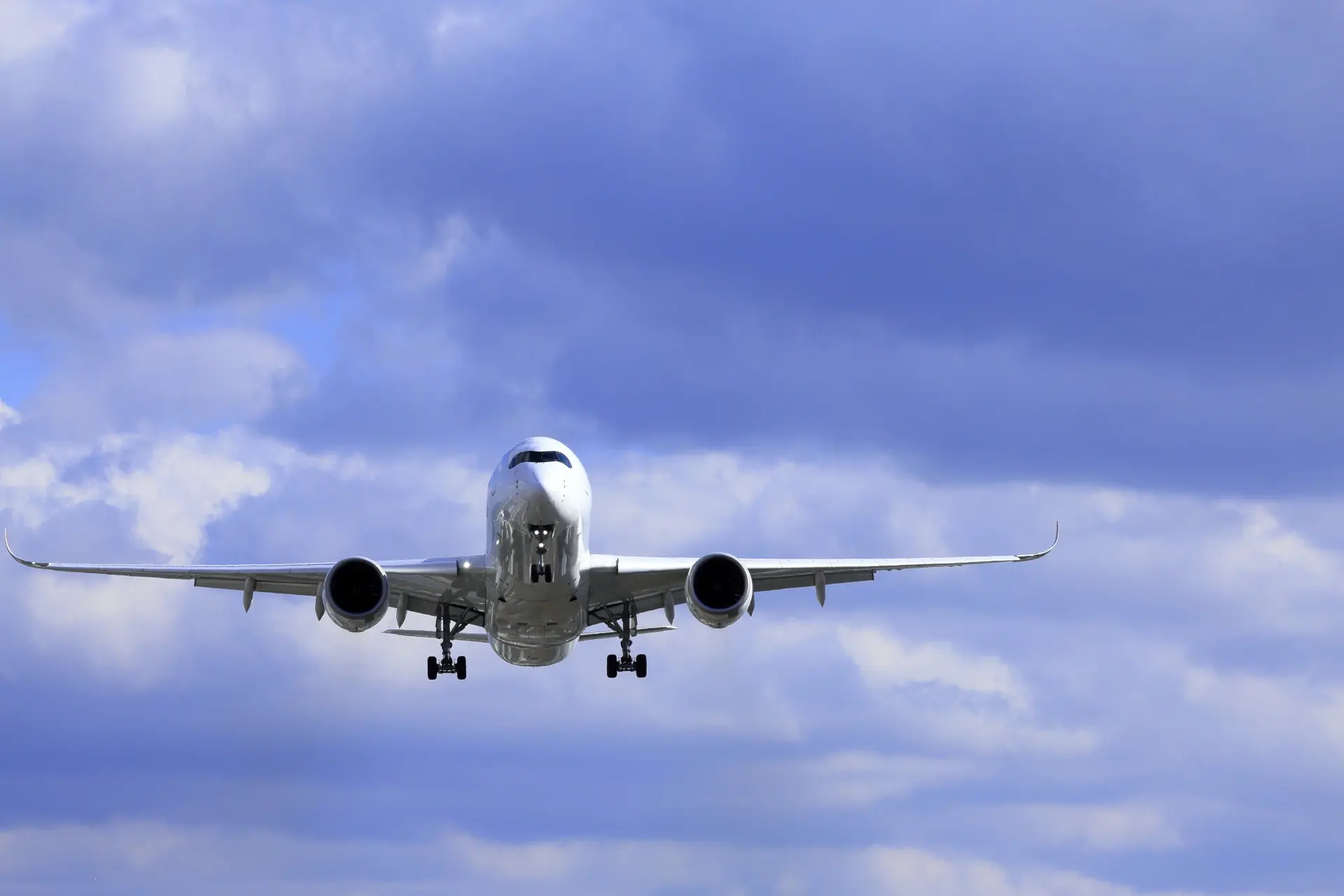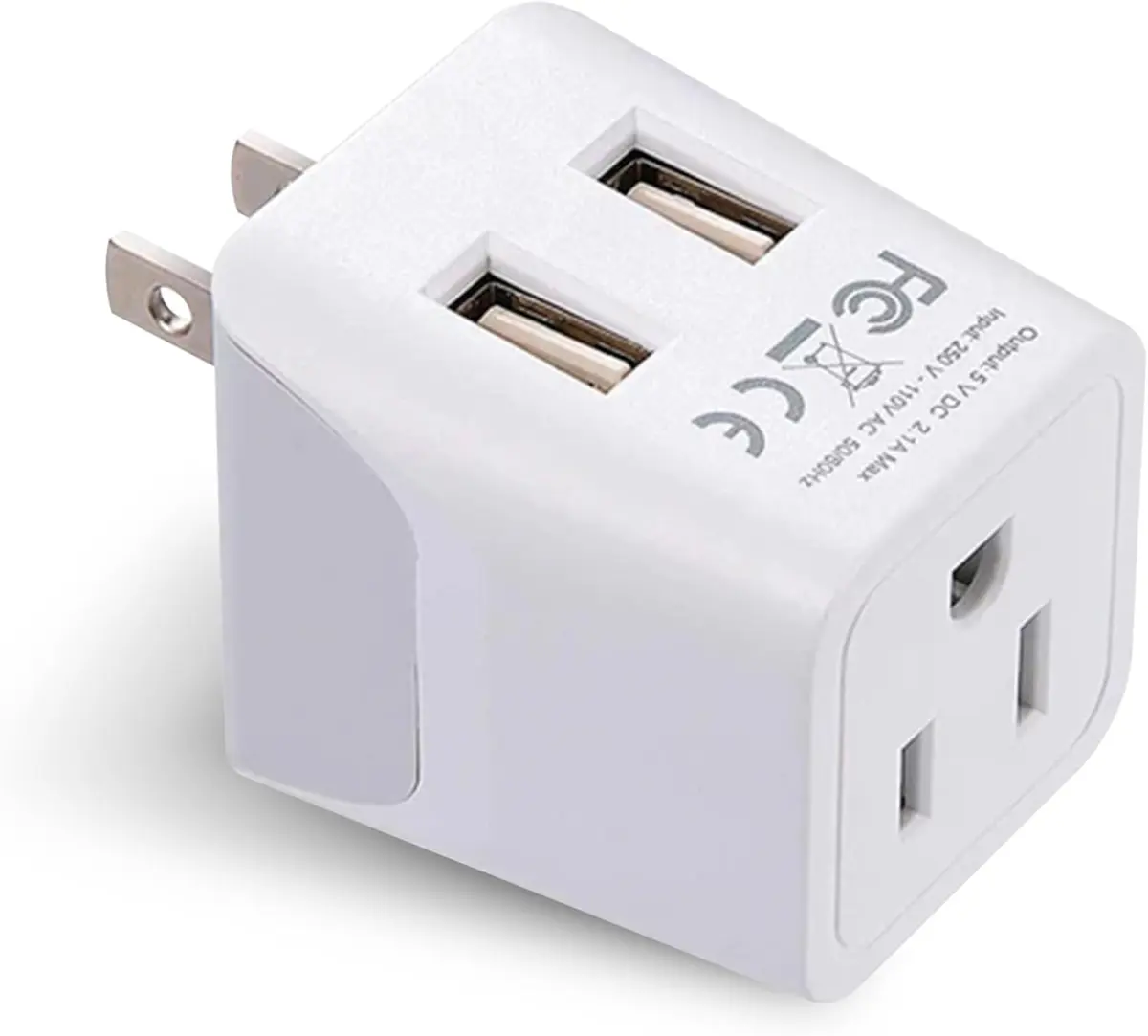Planning a trip to Japan?
This guide offers Essential Travel Information for Japan, including entry requirements, customs rules, climate, and practical tips to help you enjoy a smooth and memorable journey.
Entry Requirements
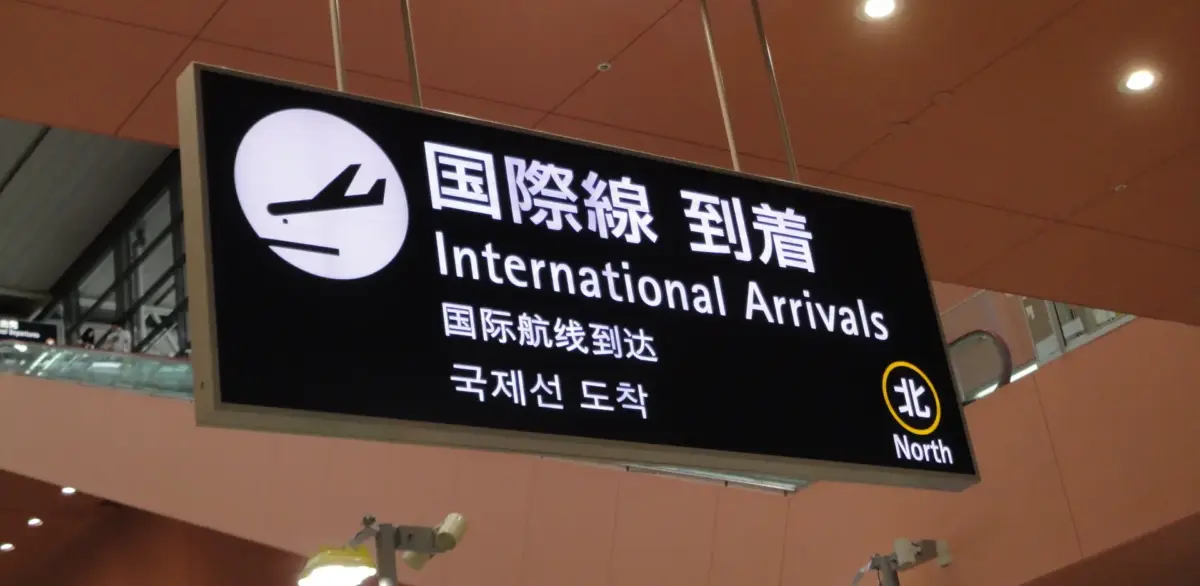
Passport and Visa
- Your passport must be valid for at least three months upon entry. Some airlines may require longer validity.
- Short-term visitors (up to 90 days) from many countries do not need a visa. Check with the Japanese Ministry of Foreign Affairs for details.
- For long-term stays or work purposes, obtain the appropriate visa before traveling.
- The passport validity requirements may vary depending on the airline, so please check with your airline for specific regulations.
Customs Declaration and Prohibited Items
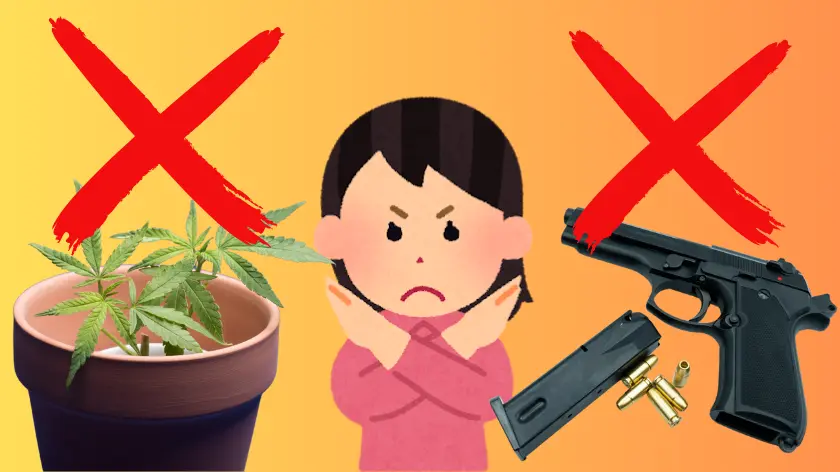
- Prohibited Items:
- Narcotics, firearms, explosives, counterfeit goods
- Fresh fruits, vegetables, meat, and dairy products
- Animals and plants that require quarantine clearance
- Restricted Items:
- Alcohol: Up to three bottles (760ml each)
- Tobacco: Up to 200 cigarettes or 250g of loose tobacco
- Cash: Declare amounts over 1 million yen.
- For detailed information, visit the Japan Customs Official Website.
Visit Japan Web

Using the Visit Japan Web platform is not mandatory but recommended for a smoother entry process.
Create an account, fill in your details, and generate a QR code to save time at immigration.
Visit the official Visit Japan Web page for more information.
Climate and Clothing
Japan’s four seasons offer diverse weather conditions.
Pack appropriately for your travel period.
- Winter (December–February): Warm clothing for cold temperatures.
- Summer (June–August): Lightweight, breathable attire for humid weather.
- Spring & Autumn (March–May, September–November): Comfortable layers and a light jacket.
If it’s too cold or too hot, just head to UNIQLO! You’ll find one easily in any major city. Even as a Japanese person, I sometimes misjudge what to wear. UNIQLO has saved me from Hokkaido’s freezing cold and Osaka’s sweltering heat more than once.
Time Zone and Electricity
- Time Difference: Japan is 9 hours ahead of GMT (UTC+9). No daylight saving time is observed.
- Electric Voltage: 100V AC, 50Hz in eastern Japan and 60Hz in western Japan.
- Plug Types: Type A (two flat pins). Carry an adapter if your devices use a different plug type.
Tips and Currency Exchange
- Tipping: Tipping is NOT customary in Japan. Excellent service is often included in the price.
- Currency Exchange: Exchange foreign currency at airports, banks, or authorized exchange counters. Credit cards are widely accepted in major cities.
- Banks: Open Monday to Friday, typically from 9:00 AM to 3:00 PM. Closed on weekends and holidays. However, ATMs are often available 24/7.
Even if there’s no bank nearby, you can withdraw cash almost anytime at convenience stores like 7-Eleven, Lawson, or FamilyMart.
For information about Japanese currency, visit this link: Types of Money in Japan.
Transportation
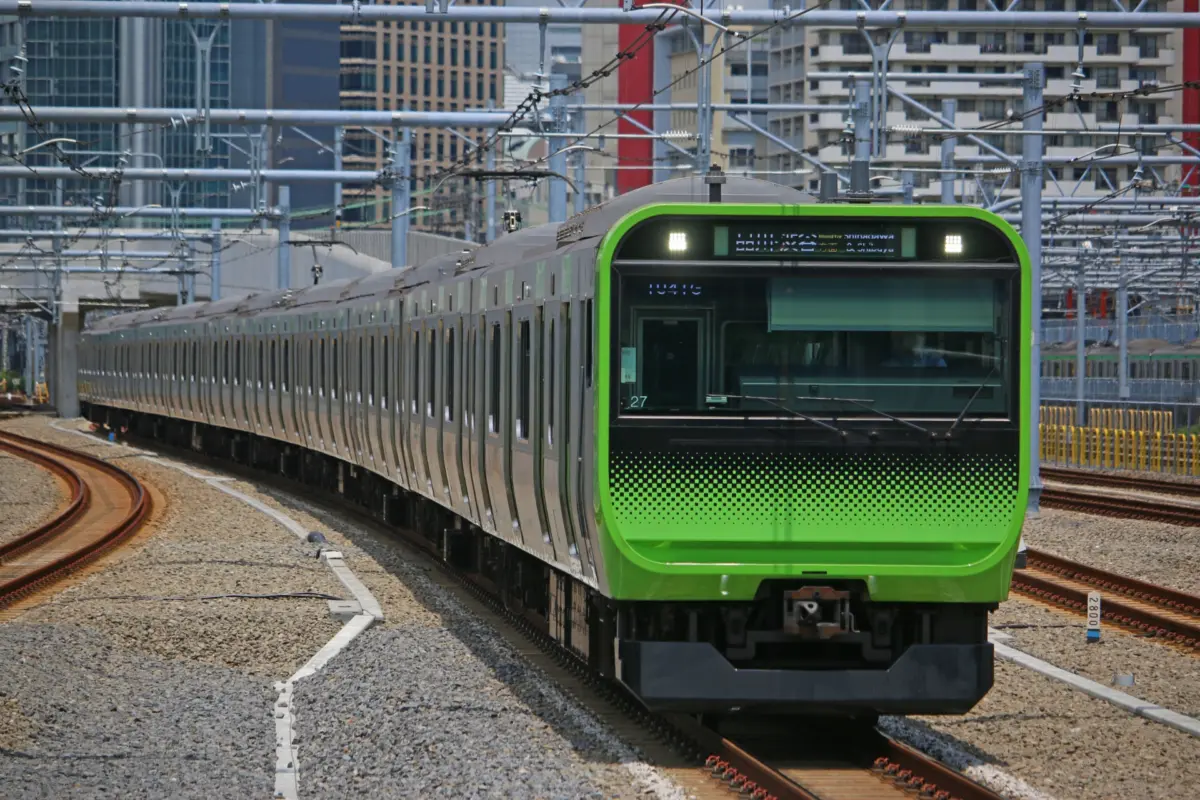
Japan offers an extensive network of transportation options, including bullet trains, trains, subways, and buses.
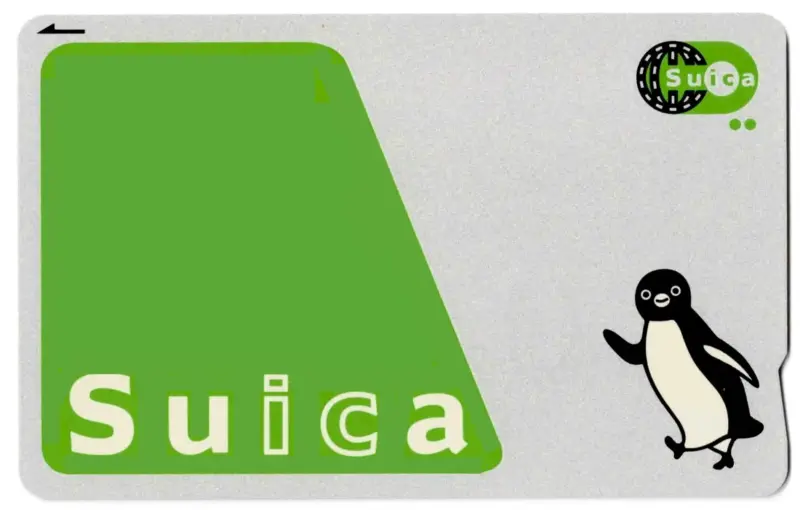

In major cities, IC cards like Suica and ICOCA are convenient for travel. These rechargeable cards can be used not only for public transport but also for shopping at convenience stores.
Using a smartphone navigation app makes it easy to navigate the complex train systems, ensuring a stress-free experience for travelers.
However, public transportation can be crowded during rush hours, so avoid peak times if possible.
Taxis are readily available but tend to be more expensive compared to other options. For traveling to rural areas, rental cars, long-distance buses, or domestic flights are practical choices. When visiting islands, ferries are often the primary mode of transportation.
Internet
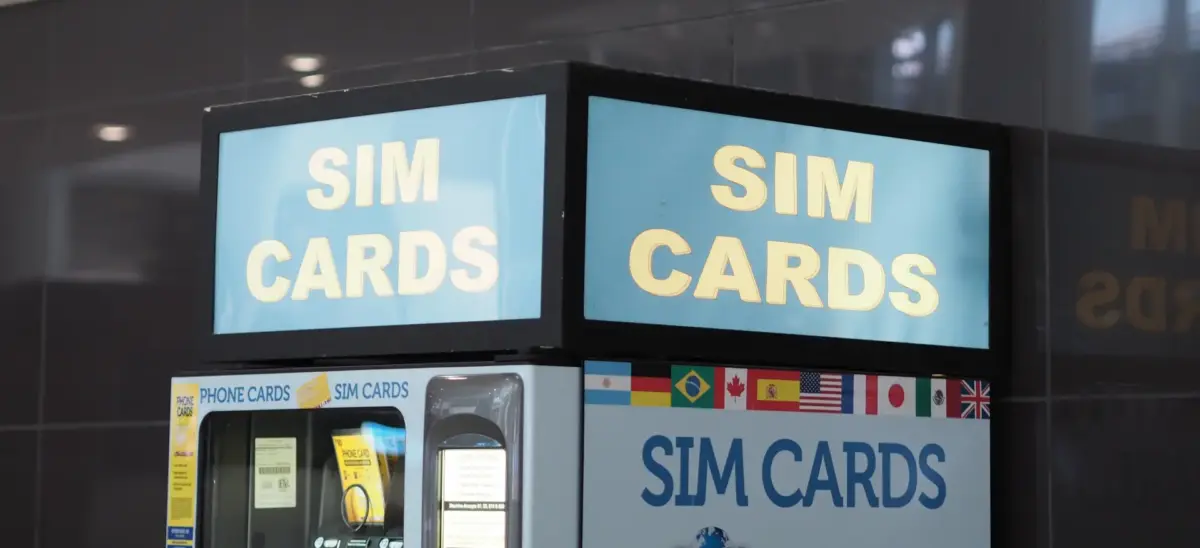
Japan has a fast and reliable internet network, especially in urban areas. Many hotels offer free Wi-Fi, and you can find Wi-Fi hotspots at cafes, restaurants, major train stations, and airports.
For a more convenient experience, consider getting a SIM card or portable Wi-Fi. These can ensure you stay connected throughout your trip.
SIM cards are available for purchase at airports.
Drinking Water in Japan
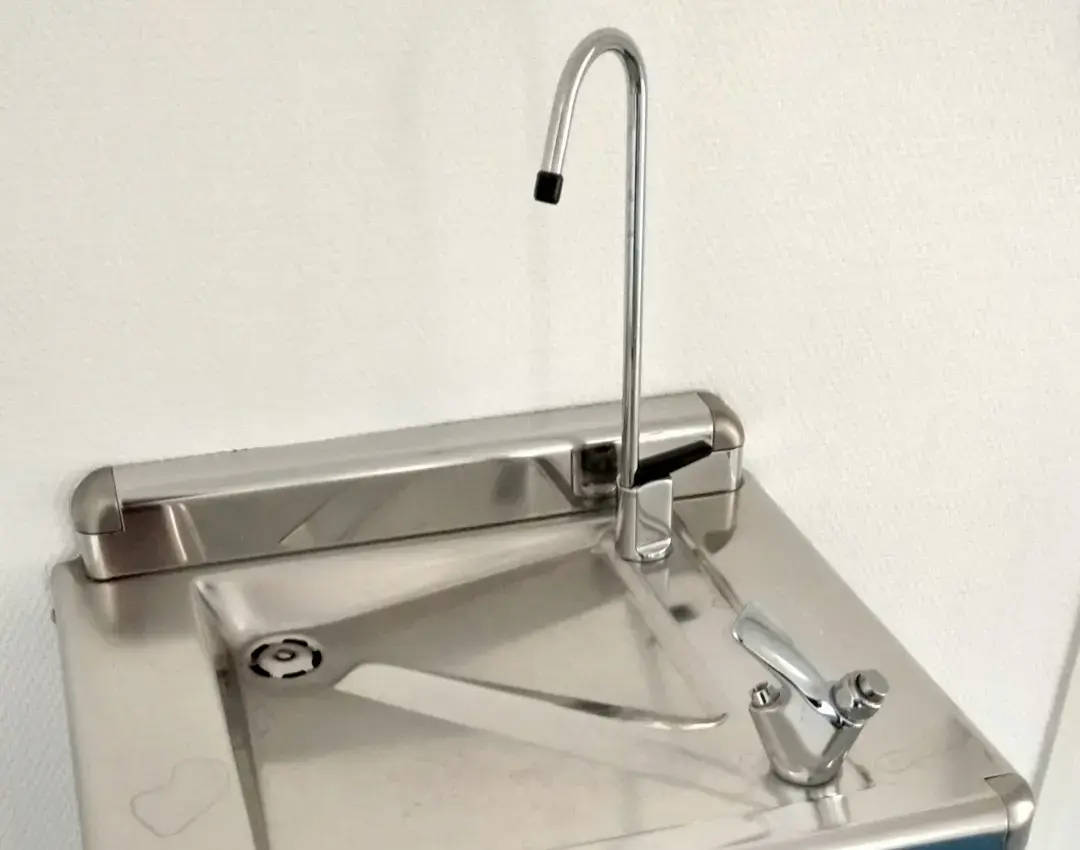
Tap water in Japan is safe to drink due to strict water quality standards. However, Japan’s water is typically soft and treated with chlorine to prevent bacteria, which might taste different if you’re not used to it.
If you’re unsure about drinking tap water, bottled mineral water is widely available at convenience stores and supermarkets.
Toilets in Japan
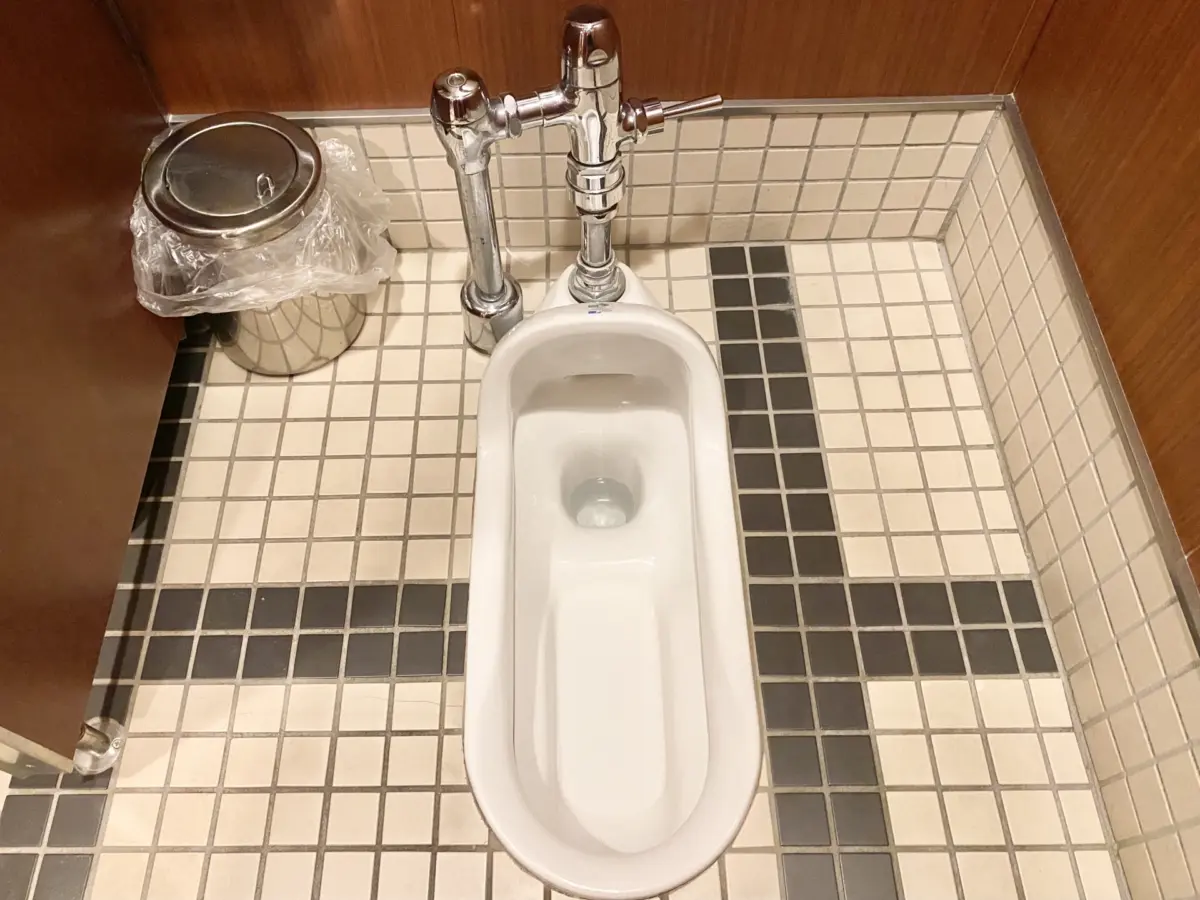
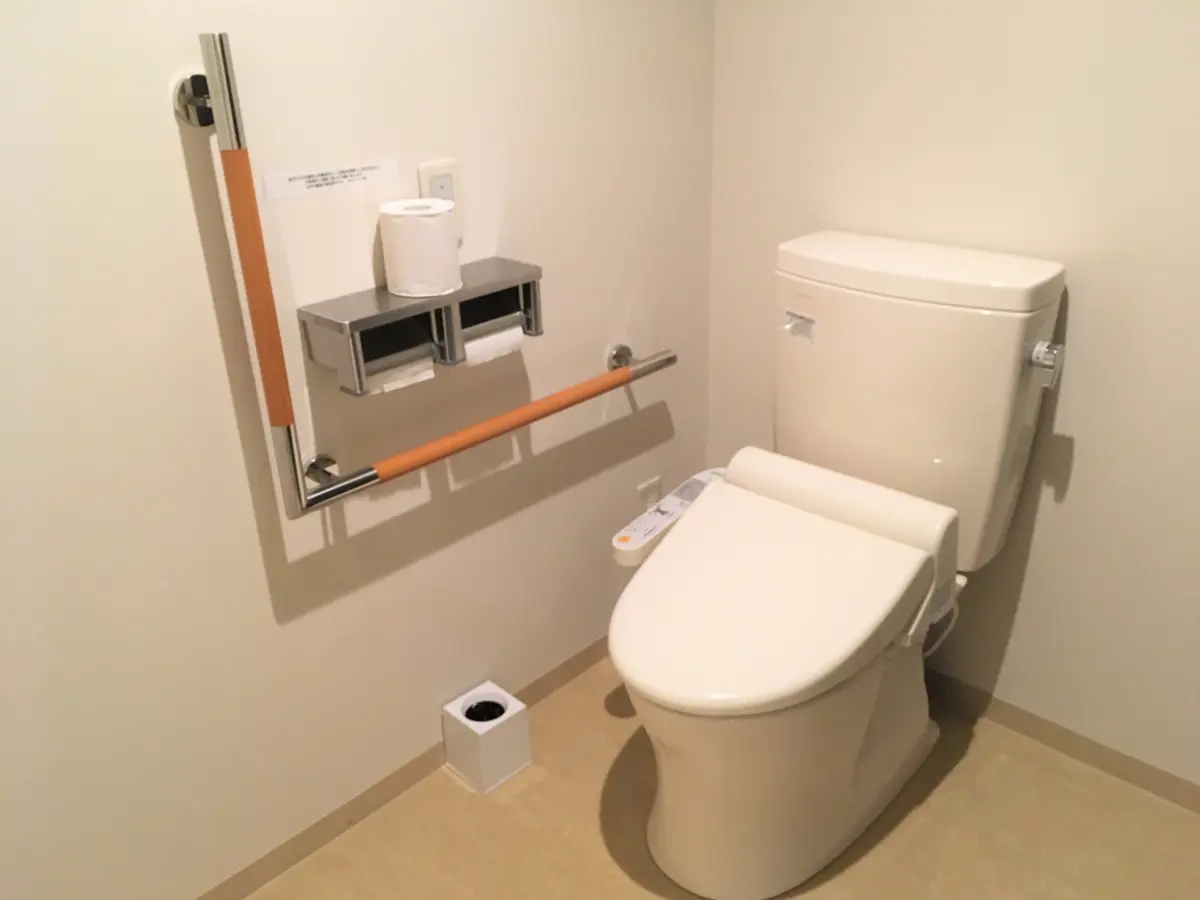
Japan has two types of toilets: sitting toilets and squat toilets. Squat toilets require you to squat and are often found in public restrooms. In cities and most urban areas, sitting toilets are common, so you don’t need to worry if you’re not familiar with squat toilets.
Toilet paper is usually provided, but some public park restrooms may not have it. It’s a good idea to carry pocket tissues just in case.
Postal Services and Business Hours
- Postal Services: Postcards and letters can be sent via post offices or hotel reception desks. Post offices are usually open from 9:00 AM to 5:00 PM on weekdays.
- Shops and Restaurants: Generally open from 10:00 AM to 8:00 PM. Convenience stores operate 24 hours.
Etiquette and Manners
- Smoking is allowed only in designated areas.
- Dress modestly when visiting shrines and temples. Avoid clothing that exposes too much skin.
- Keep noise levels low on public transport and avoid eating or talking loudly.
- Dispose of trash properly, as public trash bins are rare.
You might be surprised to find that there are almost no trash bins, especially in Tokyo. As a result, I once carried an empty plastic bottle for three hours until I returned to my hotel.
Emergency Contacts
Keep these numbers handy for emergencies:
- Police (110): Report crimes or accidents.
- Ambulance/Fire (119): For medical or fire emergencies.
- Tourist Information: Multilingual support is available at major tourist centers.
If you lose something or get lost, you should immediately head to a Tourist Information Center or a nearby Koban (police box).
For instance, Koban officers are known for their kindness and willingness to assist travelers. Additionally, you’ll find these small buildings near all major train stations, making it convenient to seek help. Moreover, having the confidence to approach them ensures a smoother experience during your trip.

